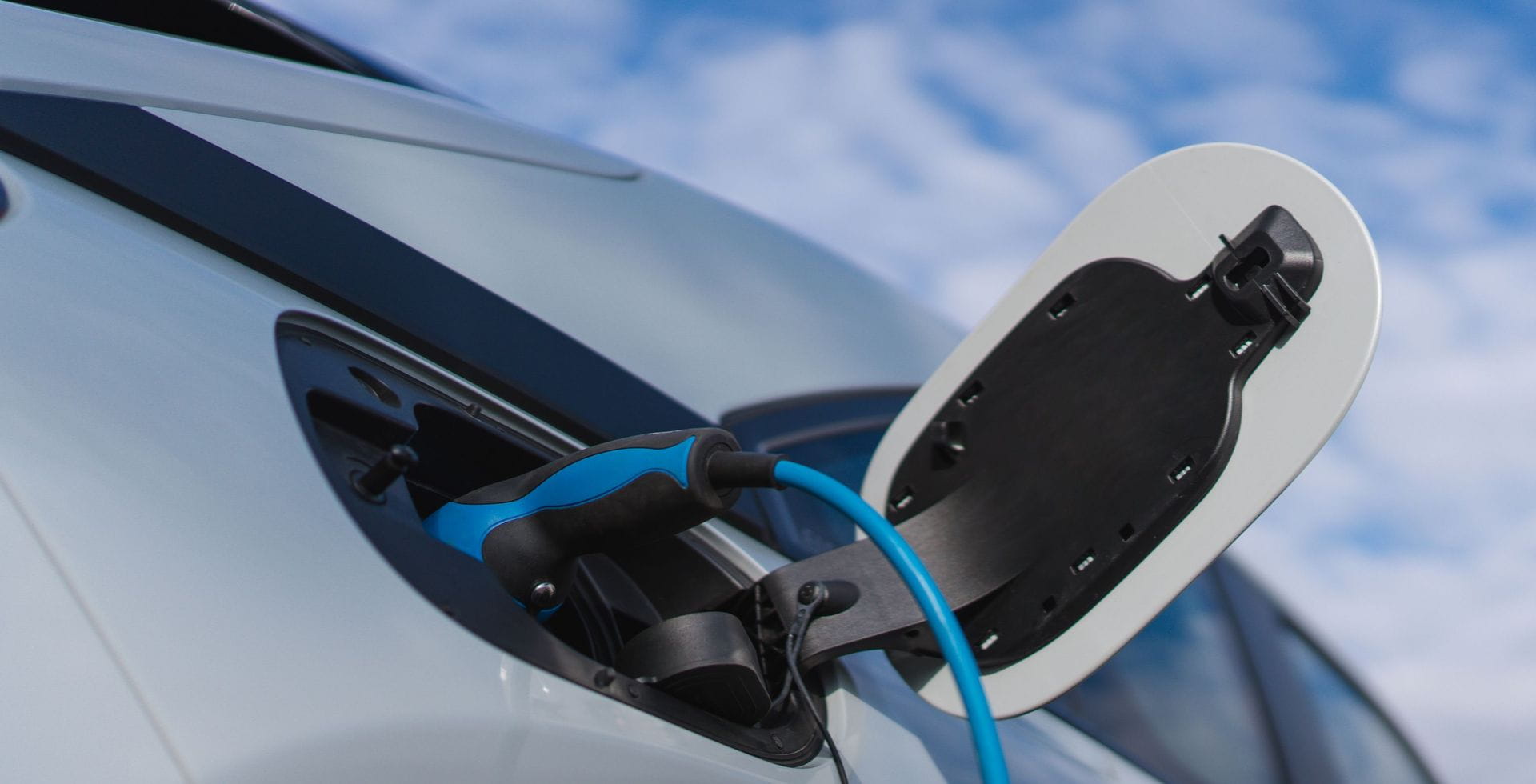Achieving Sustainability
Driving the next phase of electric vehicles

Electric vehicles have become central to the decarbonisation transition. However, challenges such as a lack of grid capabilities and issues with sustainable mineral sourcing are holding back progress.
Electric vehicles (EVs) are a solution for decarbonising passenger cars and vans, which account for over 75% of global transport emissions1 including 10% of global energy-related CO2 emissions. These figures are likely to climb further with populations increasing and wealth rising in developing countries.
Transitioning to EVs from vehicles with traditional internal combustion engines (ICEs) reduces emissions produced during vehicle production, operation and disposal. These are known as lifecycle emissions and are currently reduced by around 50% in the lifecycle of an EV compared to an ICE.2 But more work is needed to further reduce emissions of EVs, specifically in three distinct areas:
- Start and end-of-life emissions: Aluminium and steel account for most of the weight of a vehicle. The development of lower emission materials and a resilient circularity model is required to lower the emissions from these metals. Currently, recycled aluminium and steel do not meet the required standards for vehicle manufacturing.
- Responsible sourcing: The sourcing of critical minerals and metals used in vehicles, especially in batteries, can be linked to environmental and social controversies, which represent future supply chain risks. This is an important area of improvement needed in EV production.
- Energy consumption: Over half an EV’s lifecycle emissions are linked to vehicle use. There is scope for improvement in aerodynamics, vehicle weight, and battery consumption. However, the primary driver of decarbonisation is through a lower-carbon energy mix for vehicle charging.
Is the electricity grid ready for mass EV charging?
Despite some concerns that mass EV charging could overwhelm electricity grids, the challenge is manageable, particularly as most battery charging occurs off-peak during the night. Both attractive tariff pricing and smart chargers for drivers charging their cars at home can assist grid management. Smart chargers optimise battery efficiency by detecting the battery’s status and charging as required. That said, the expansion and renewal of electricity grids is a necessity to support the broader electrification of industrial and residential needs.
In summary, the shift to EVs is a global necessity, but it must be a managed transition. It requires combined improvements to vehicle production and grid management as well as expanded, lower-carbon charging to achieve decarbonisation targets for vans and passenger vehicles.
Look out for our forthcoming blog post on EV battery recycling.
1 Climate Trace, Country Inventory, 2022
2 IEA, Comparative lifecycle greenhouse gas emissions of a mid-size BEV and ICE vehicle, 2021












